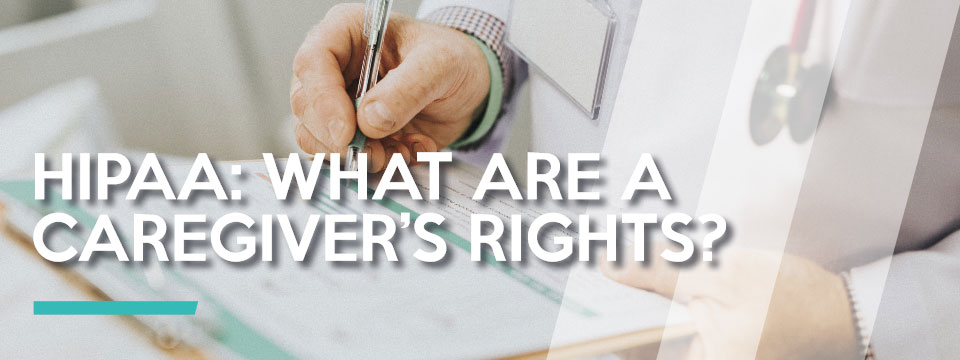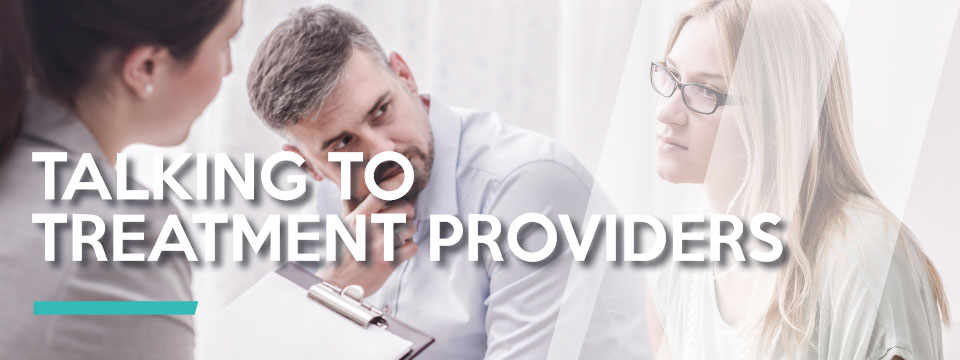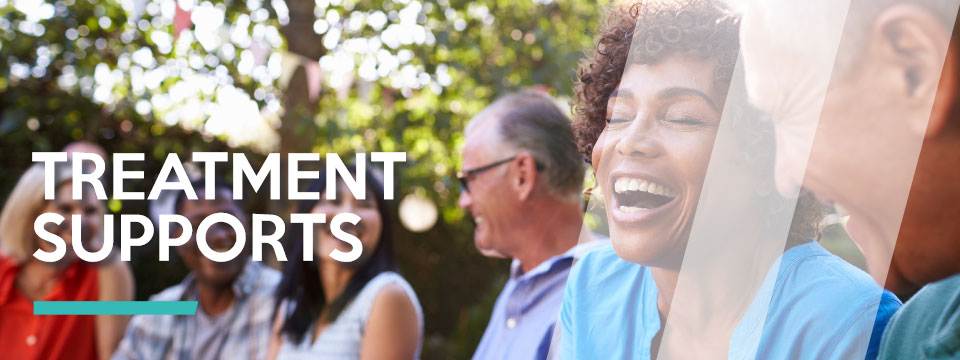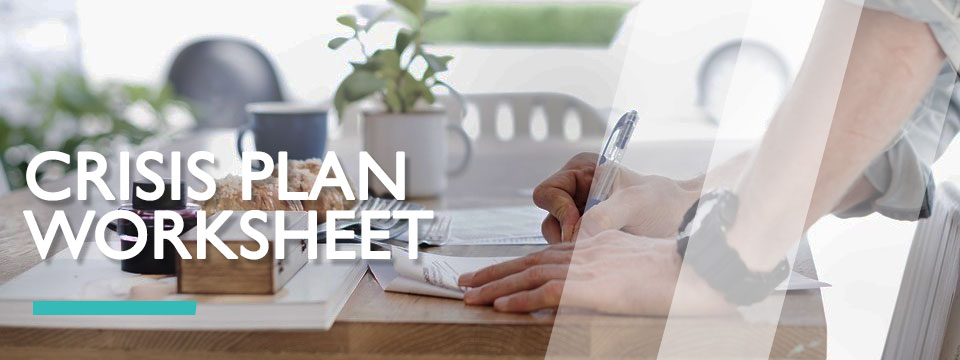Information and Resources for Parents and Caregivers
So often people with mental illnesses are being cared for by family members or close friends. It can be a complex and complicated relationship that can be challenging - for both the individual dealing with the illness and their caregiver to navigate.
Recovery from a mental illness is not one-size-fits-all and what works for one person might not work for another. Just as recovery looks different for everyone, so do relationships between caregivers and their loved ones with mental illness. You may be a spouse caring for your partner or a young person caring for your parent; caregivers vary across the board in their roles, resources and abilities to support someone in recovery. While no two caregiver relationships are alike, there are some things we know are essential to everyone’s recovery.
It’s important for people with mental illnesses to have a voice and be involved in their own recovery. As a caregiver, it is vital to work with your loved one to determine what they want and need - and make sure they are included in any decisions being made. People with mental health conditions are often left out of mainstream activities like employment or education, but they have the right to meaningfully contribute to their community and be respected, just like everyone else. Peer support can help and teach skills so your loved one may keep working towards established goals that help people in recovery stay motivated and hopeful.
By staying educated on the latest treatment options, you can help your loved one make informed decisions about their treatment. Having a plan in place can help you make sure you set your loved one up to thrive throughout the recovery process - and can ensure that their voice is heard in the event of a crisis. But caregiving can be extremely stressful, that is why it is important for you to also take care of your own mental health. Click here to take a free, anonymous, and confidential screen.
The goal setting process is about helping your loved one think about what is important to them and developing a vision of what they would like their life to be. Research shows that working towards established goals promotes hope and enhances motivation.
When your loved one is experiencing a mental health crisis, it can be hard to know what to do. You are concerned about their well-being, want to know what is going on and may want to communicate with their health care providers.
For most people living with mental illnesses, a combination of therapy and medication is the most effective form of treatment. Many medications have been available for decades and have proven to be helpful for millions of people. However when “traditional” medications are not working for your loved one, it may be time to look at other options.
Treatment decisions are best made when all parties involved can communicate clearly and openly with one another. Caregivers can help ensure open lines of communication during appointments by helping their loved one prepare beforehand.
It is easy to get caught up with medication and therapy appointments, but most people do not recover through any one action alone. A balanced mind still needs opportunities to practice skills learned in therapy through meaningful interactions with the world around them.
If you or your loved one is experiencing a mental health crisis, it can be hard to make sure proper care is given. Psychiatric advance directives (PADs) are legal documents completed in a time of wellness that make it possible for people with mental illness to determine what type of care they would like to receive in a crisis, should they not be able to make decisions.




























